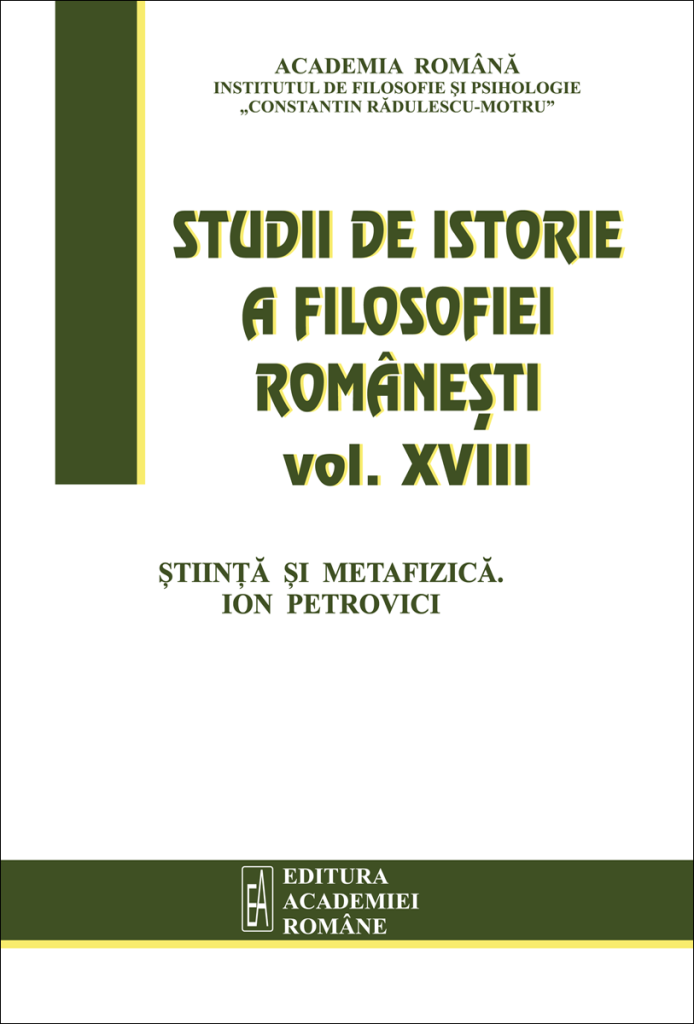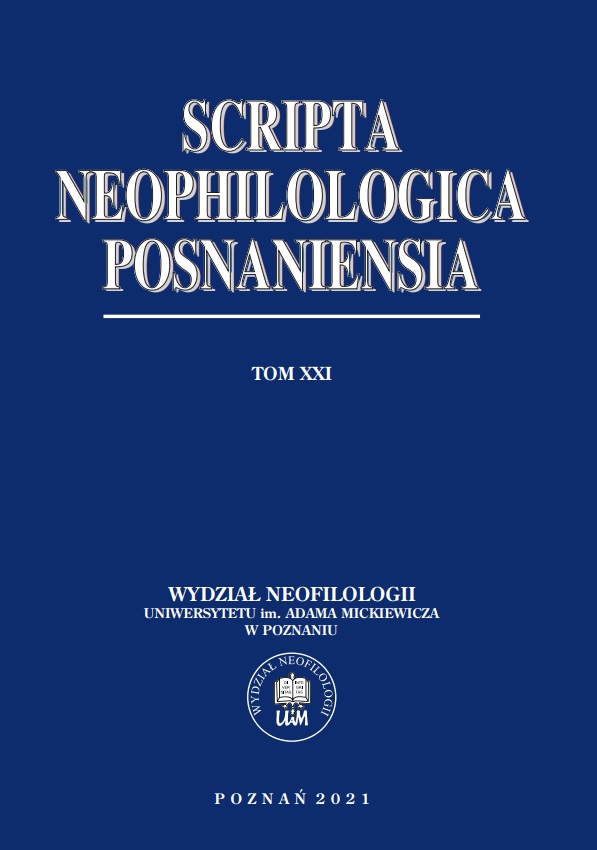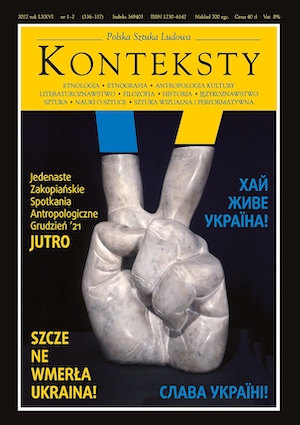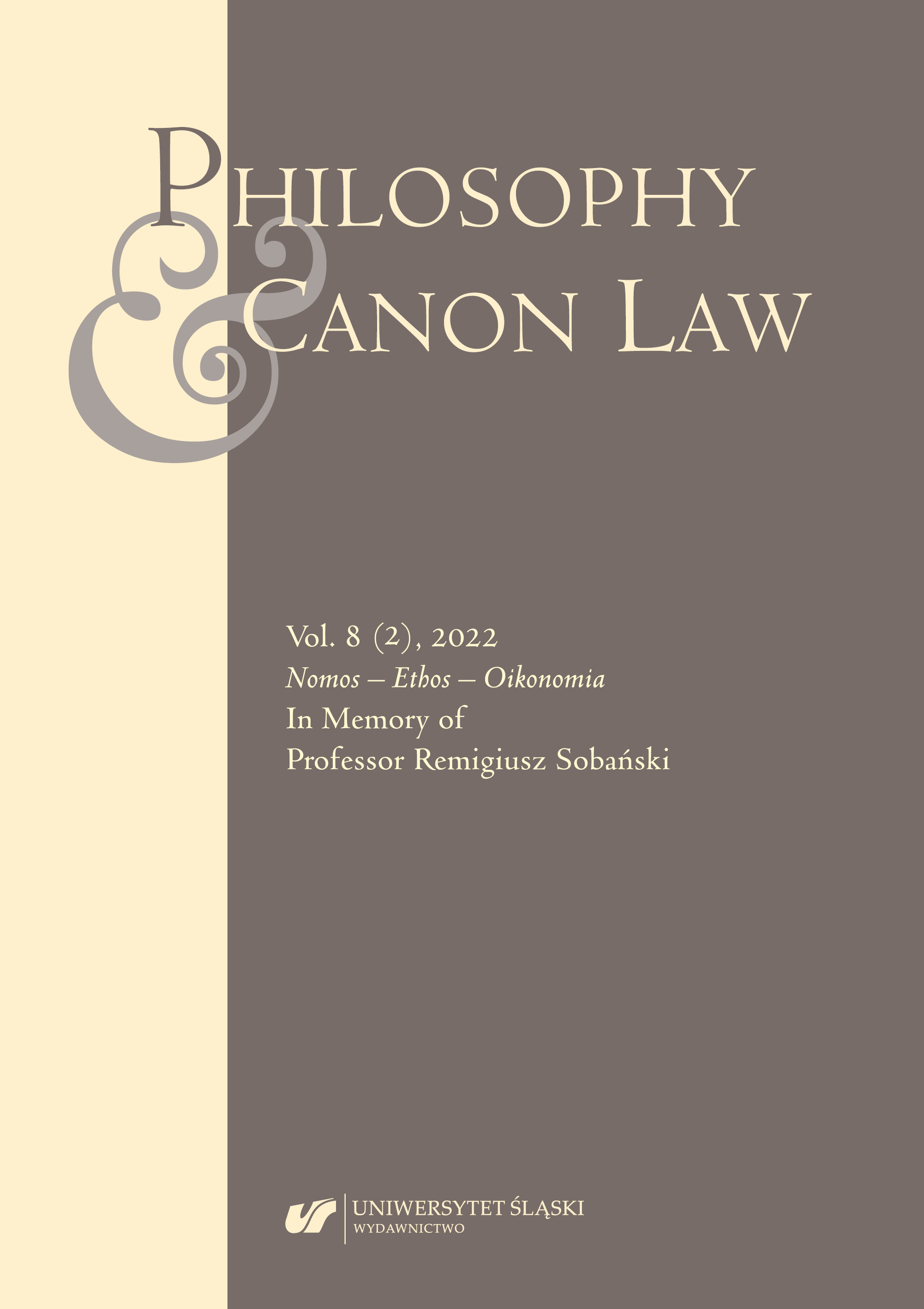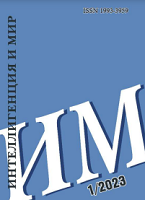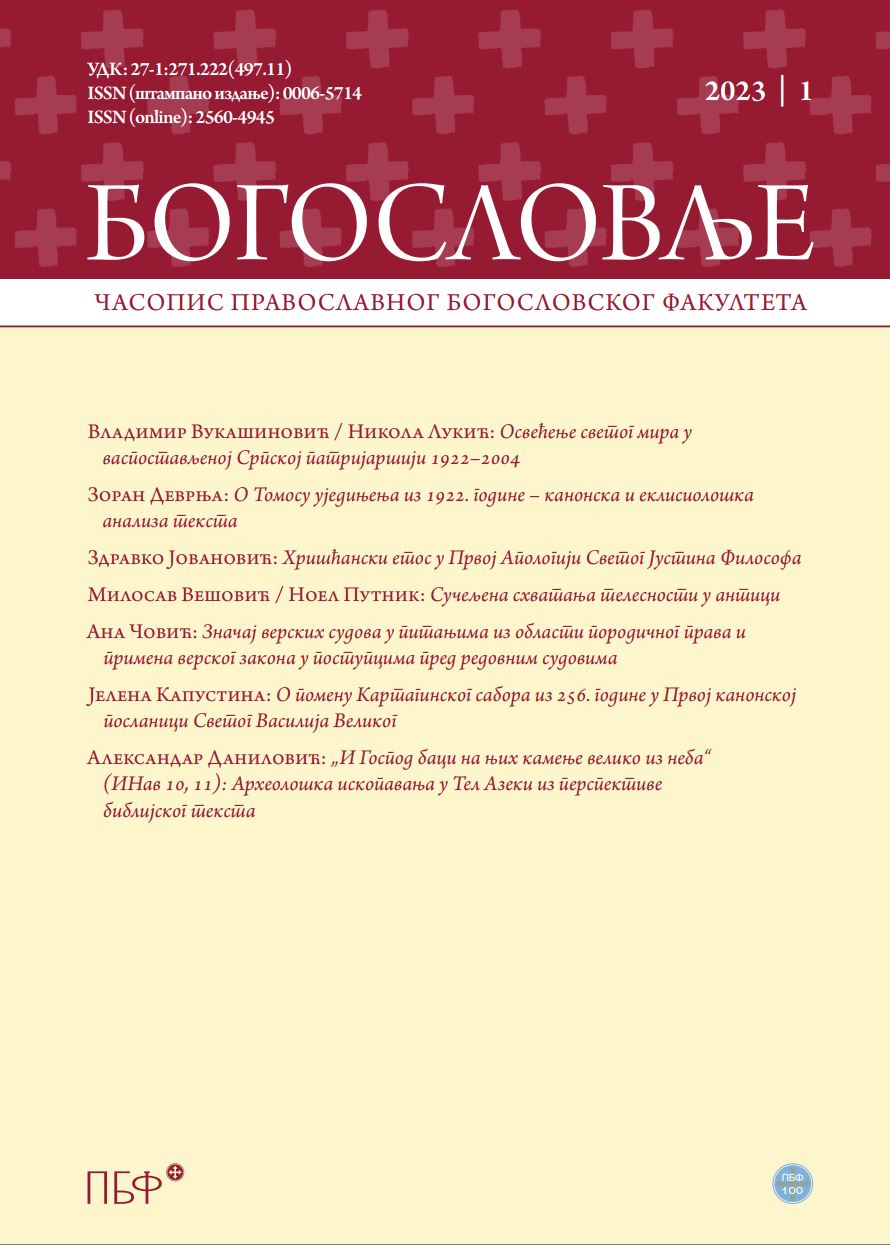Author(s): Olga A. Voronina / Language(s): Russian
Issue: 4/2022
The purpose of this article is, firstly, to describe the ideas about the role of women in Russia in the XIX c., and, secondly, to highlight the most significant positions presented in the journalistic, political, philosophical and fictional works of Russian thinkers of that time. Democratic publicists actively advocated the expansion of women’s education, criticized reactionary church dogmas about the second-rate status of women, demanded changes in traditional (barbaric) family norms. Conservative thinkers viewed the inequality of men and women in Russia as natural and appropriate to the proper social order. They argued that emancipation contradicts divine laws, it is alien to Russian culture and poses a threat to the stability of society. However, some of them supported the expansion of women’s education. The so-called Russian philosophy of sex is characterized by significant contradictions. On the one hand, masculine and feminine as cosmic and metaphysical principles were included together in theosophical concepts. On the other hand, these ideas went hand in hand with the traditional assertion of the secondary nature of women in relation to the men. Both “metaphysical” and biodeterministic arguments are given to substantiate this thesis. The emancipation of women was as a rule sharply condemned, although one of the philosophers of this direction — V. V. Rozanov — actively advocated the reform of marriage and family legislation. In the classical Russian literature of the second half of the XIX c., along with the preservation of traditional family and maternal characters, new images were reflected. Thus, the European-oriented I. S. Turgenev created a new female image. The “Turgenev girls” are characterized by sincerity, nobility, high moral demands, moral duty and the desire to serve people. This image carries a request for renewal and the search for social justice, but it preserves both traditional femininity and beauty, which were very important for Turgenev. The playwright A. N. Ostrovsky devoted the main attention in his works to the description of patriarchal family norms. As in life, the fate of his heroines is determined by traditions. The protest against them does not go beyond the marriage sphere, his heroines decide only to protest for the sake of free love. Throughout his work, Leo Tolstoy preached the idea of the family destiny of women and the preservation of patriarchal traditions. However, in the “Kreutzer Sonata” he angrily denounces sexuality and women, whom are responsible for it and calls them “the devil’s tool”. Tolstoy proclaims his final ethical manifesto on the need for complete sexual abstinence of all mankind in the name of morality. The promotion of such a pan-moralist ideal of universal sexual abstinence is perceived at best as utopianism, and at worst as an extreme expression of the misanthropy of the great Russian writer. It is concluded that despite all the contradictions in the perception of the idea of emancipation, it firmly entered the minds of women by the end of the XIX c.
More...

